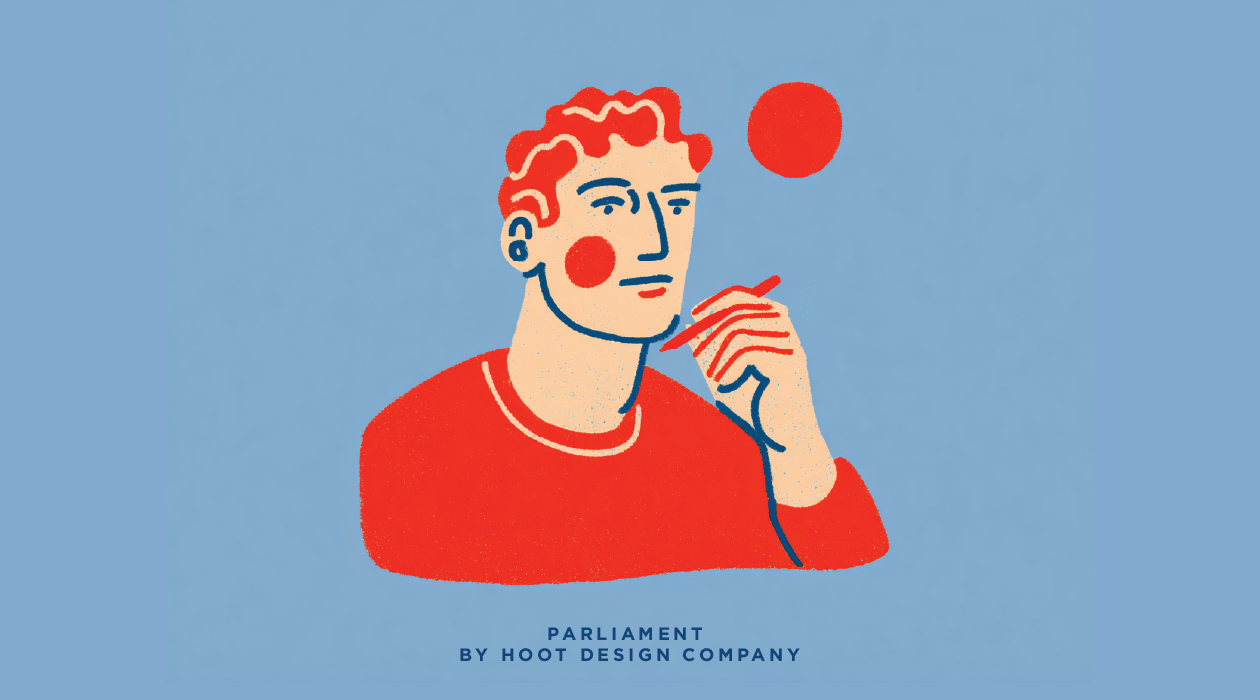Parliament | Corporate Killed The Ice Cream Star (and why that’s an opportunity for you)
Jerry Greenfield just quit Ben & Jerry's after 47 years. His resignation letter hit different—not because another founder left their company, but because of what he couldn't say anymore.
"Love, equity, justice," he wrote. "They're part of who Ben and I are." Were. Past tense. The company that once took bold stands on social issues is now, in Jerry's words, "silenced, sidelined for fear of upsetting those in power."
It's a pattern we're seeing everywhere—from ice cream aisles to late-night couches. (Looking at you, ABC and Jimmy Kimmel.)
The Deal That Was Supposed to Be Different
When Unilever bought Ben & Jerry's in 2000, everyone said this acquisition would be special. They literally wrote social justice into the contracts. The ice cream hippies had lawyered up and protected their values "in perpetuity."
Awesome, right?
Twenty-four years later, that ironclad agreement turned out to be more like a really sincere pinky promise. Here's the thing about corporate risk management: it doesn't kill your values outright. It just makes living them require seventeen signatures, three committees, and a blood sacrifice to the legal department.
The Great Flattening
Look around. Burt's Bees (Clorox). Tom's of Maine (Colgate). Method (SC Johnson). So many of the quirky, mission-driven brands you grew up with now report to a boardroom that could double as a Succession filming location.
Meanwhile, AI is churning out "authentic" brand content that sounds human but feels like it was written by a committee of algorithms trained on TED Talks.
We're entering an era of unique opportunity when you can still dictate what counts as well as hold the microphone.
Enter: The Small Business Moment
Here's where it gets interesting for those of us still running independent shops. As big brands converge into a bland middle, the gap for actual personality has never been wider.
You can support paid family leave without a task force. You can fire a client because they're jerks. You can take a stance on something that matters without checking with legal, PR, and that one board member who golfs with senators.
This isn't David versus Goliath energy—it's more strategic than that. While they're focus-grouping their values, you're living yours. While they're managing their culture through OKRs, you're building it through actual relationships.
The Trust Economy
Our Brand Being Methodology has always preached that culture eats strategy for breakfast. But here's what Jerry's exit makes crystal clear: culture can't survive a hostile takeover by spreadsheet logic.
Small businesses have something corporations are trying to simulate: genuine human conviction.
Your customers can tell the difference between a vision statement and an actual vision. They know when your values are real because they can watch you make decisions that cost you something.
This creates what economists would call "market inefficiency" and what humans call "giving a damn."
The Bottom Line
Jerry's letter isn't just about ice cream or even social justice.
It's about what happens when we trade independence for the promise of scale. The resources are real, but so is the cost—measured in degrees of freedom to be controversial, specific, wrong sometimes, wonderfully human.
The small business advantage isn't about competing on their terms. It's about something far more radical: keeping the power to matter. To stand for something. To build a business that's a force for good, not just a line item in someone else's portfolio.
Artwork by Nya McClain, article by Senior Art Director, Bri Thomas


